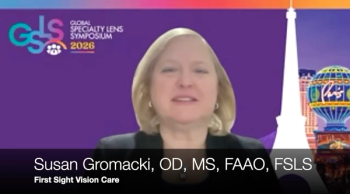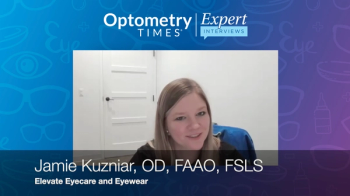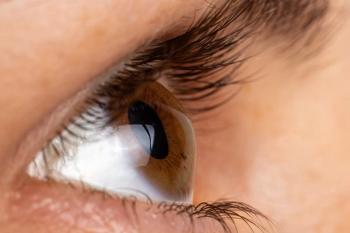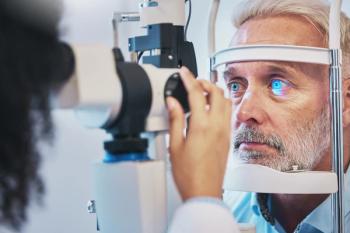
Contact lens suitable for those with allergies
Switching patients to 1-day disposable contact lenses (CLs) may improve lens-wearing comfort for those who have seasonal allergic conjunctivitis, according to CooperVision.
Key Points
Fairport, NY-Switching patients to 1-day disposable contact lenses (CLs) may improve lens-wearing comfort for those who have seasonal allergic conjunctivitis, according to CooperVision. Wearing new lenses each day means that allergens have less time to build up on the lens surface, minimizing allergic response.
"The two best options for CL wearers who experience allergic reactions and would like to continue wearing their contacts during those times are pharmacological therapy and the utilization of 1-day disposable lenses," said Harvard Sylvan, OD, director of professional relations for CooperVision.
"As lens dehydration and protein deposition can occur during the course of the day even with daily disposables, a material that resists both deposits and dehydration is preferable," Dr. Sylvan added.
Newsletter
Want more insights like this? Subscribe to Optometry Times and get clinical pearls and practice tips delivered straight to your inbox.













































